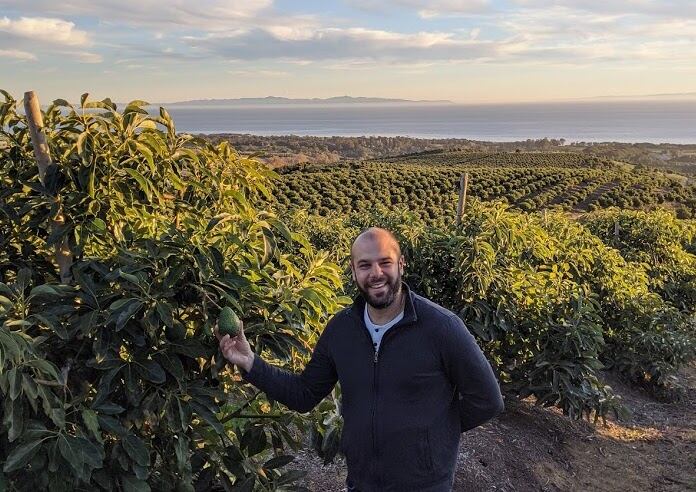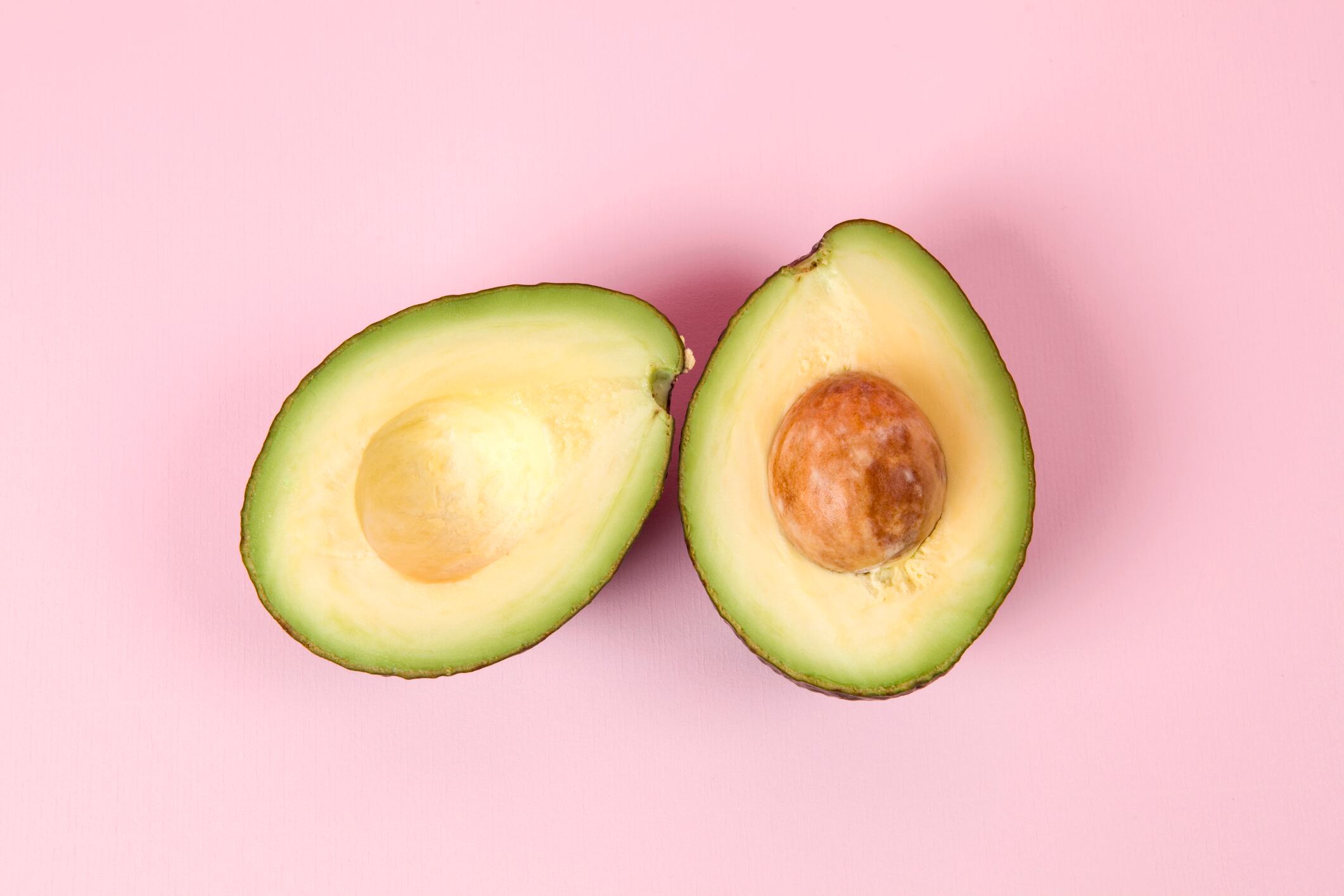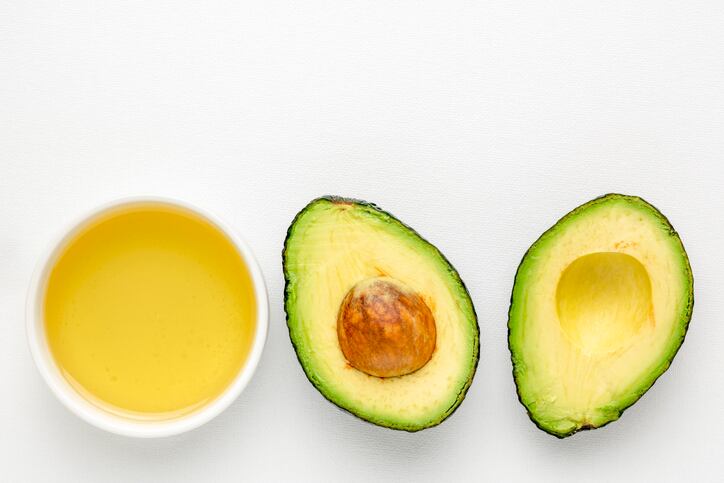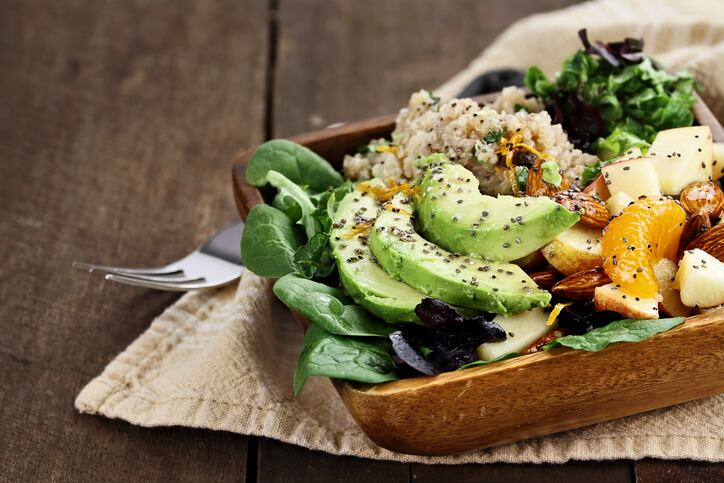The ingredient called AvoB is a constituent of avocado discovered by Dr Paul Spagnuolo, PhD, who is an associate professor of the University of Guelph. Spagnuolo, who is also research program director at the Ontario Agri-Food Innovation Alliance, focused on the potential anti-obesity benefits of the molecule via its effect on fatty acid oxidation (FAO) by the mitochondria – those energy powerhouses in the body’s cells.
Start-up award finalist
The ingredient’s powerful story led it to be named a finalist in the start-up category in last year’s NutraIngredients-USA Awards. The ingredient has been commercialized by a newly formed company called SP Nutraceuticals which is marketing an AvoB-based finished product called Metavo. The company also has a kidney stone product under development, which also arises from research done at Guelph.
Normally, fatty acid oxidation allows the body to burn fats, but obesity or diabetes are reported to hinder that process, leading to incomplete oxidation. The University of Guelph research team found that AvoB could counter that incomplete oxidation in skeletal muscle and the pancreas to reduce insulin resistance.
Lab mice were fed high-fat diets for eight weeks to induce obesity and insulin resistance, and then the animals were divided into two groups for five more weeks, with half receiving AvoB in addition to their high-fat diets.
Improving insulin sensitivity
The results showed that mice in the AvoB group weighed significantly less than those in the control group, showing slower weight gain. In addition, and more importantly, the AvoB fed mice showed greater insulin sensitivity, meaning that their bodies were able to absorb and burn blood glucose and improve their response to insulin.
The team also performed a Phase 1 clinical trial with human subjects eating a typical western diet, and found that AvoB from dietary supplements was absorbed safely into the blood without affecting the kidney, liver or skeletal muscle.
Reductions in weight in the humans was also recorded, although Spagnuolo said the result did not reach statistical significance.
Finding the right source
A big part of the ingredient development had to do with finding the right sources of avocados, Spagnuolo told NutraIngredients-USA. During the sources of avocado ingredients available in the market contain adequate levels of AvoB.
“We have been formulating for years and in the process we tested oils and powders from all over the world. We ended up finding powders from some suppliers that meet our specifications,” Spagnuolo said.
“It has to do with how they process the fruit after they pick it. This molecule is unique in several ways, one of which is that it is not a fatty acid, it’s a fatty alcohol. We do have a formulation patent around the physical/chemical properties of the molecule and how it behaves,” he added.
The molecule is currently being sold as a finished supplement, either in sachet form to be added to a smoothie or other food product or as a capsule. Spagnuolo said the company also plans for future products.
“Part of our formulation patent has some unique interactions and synergies with existing natural products and we have some ideas for new formulations with the avocado powder as the base,” he added.
Follow where the science leads
Spagnuolo said from the outset the company was focused on focusing its product development and marketing on what the science about the molecule had to say. It wasn’t a matter of finding a market niche and trying to make a product to fit it.
“I think it speaks to the quality of the science,” Spagnuolo said. “We know it works under specific conditions. It’s not a shogun approach. It works best in an environment where something in a person’s fat metabolism needs to be repaired.”




